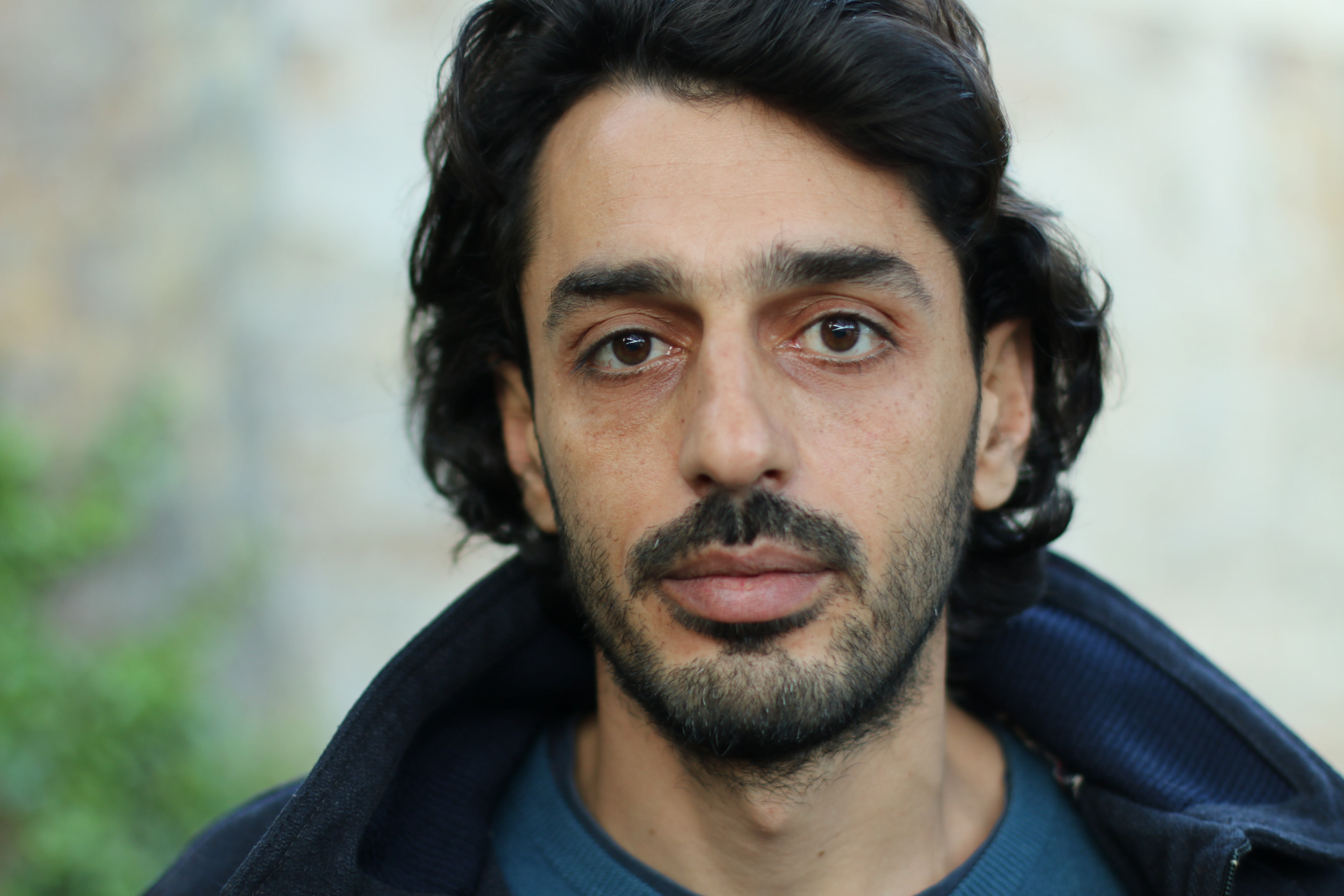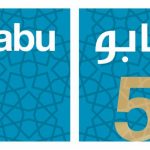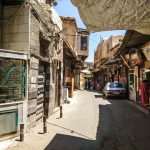I can say that my understanding of history and of what has been happening for years in and outside Syria has made me see, understand, and question the whole world
Your name is pretty unique, tell us about it and its meaning.
Yes, my name is unusual, and it is often difficult for people to pronounce it, whether they’re from the East or West.
In the dictionary, it means a measure for the weight of gold, and the name itself has a certain weight or gravitas.
You were born in Damascus, tell us about your upbringing and how it has influenced your art.
I was born in a village in Suweida, a mountainous region in southern Syria. I left our village for Damascus when I was 16.
I was born into a family of artists. My brothers, father, and uncle are all talented in drawing. When I was 12, I was introduced to the theatre, and that was what I wanted to pursue and study.
In the end, I didn’t study theatre, but took up dancing, which I studied at the Higher Institute for Dramatic Arts in Damascus.
I studied ballet and modern dance, but after I graduated, I came to reject all classical forms in art and the courses taught across Syria. I started to learn about dance more broadly as I met artists from all over the world. This is what pushed me to leave Syria, to complete my studies and develop my knowledge and experience in dance and choreography.
Between 2011 and 2013, I completed my Masters in choreography in Montpellier, France.
This period of study gave me a platform to research, experiment, and ask questions. I think it allowed me to build an understanding, make choices, and consolidate my position and interests as an artist.
How important is your Syrian heritage to what you do?
My cultural heritage is not just Syrian. The literature I’ve read, and my artistic and philosophical interests have always been global, and not just Syrian. Perhaps for me the importance of inherited, or Syrian culture if you like, lies in knowing and understanding oneself and ultimately in knowing and understanding the world we live in.
I can say that my understanding of history and of what has been happening for years in and outside Syria has made me see, understand, and question the whole world. Syria is just one geographical region of this world, governed as other regions are by various domestic and international “mafias”.
How do you come up with concepts…Is there a method to it?
For me art is connected to life. It is art that opens people’s eyes to our problems. In its subject, art presents a problem and opens it up to questions. Art in itself contains a contradiction, in that it both poses and answers a question. At the same time, it holds a poeticism that transforms and transports us to a level beyond the problem, a level that reminds us of our humanity, of the universe, of that ideal dream of humanity.
I’m interested in art in general. Dance, cinema, theatre, visual art, literature, philosophy, they’re all sources of inspiration, thought, and understanding, as are life and the reality we are all living through. Art plays a role in developing our understanding and perception of life, reality, and the world around us. It plays a role in developing people who can affect their environment and may be able to convey the voice of their community.
Art contributes to building and developing human thought and culture. It is the artist’s last weapon in the face of the tyranny and violence which breaks and sunders humanity.
What do you miss most about Syria?
I think that Syria’s reality has changed in recent years. The memory of the new reality has usurped the old one. I miss my old memories in which the people still living under such inhumane conditions had more of their humanity.
What makes you proud?
I don’t really know what it means to feel proud. Maybe, for me, this feeling isn’t about me as an individual. Maybe it’s more of a collective state that elevates a person to what they call humanity.
Did you find support when you first started or were you criticised by people around you?
Dance is an art. I learned about it as a common thing in society, the body dances, men and women dance. I studied dance in Damascus, and I never faced any obstacles to my choice of dance as an occupation or career. But I can say that in Syria, art in general, like thought, was, and still is, subject to state censorship.
And finally, what’s next for you?
I think that my research and my questions are always related to humans, to life, to ascending to a world that is expanding to embrace people and humanity, freedom, justice and harmony, and the elimination of all forms of violence, segregation, and racism.




